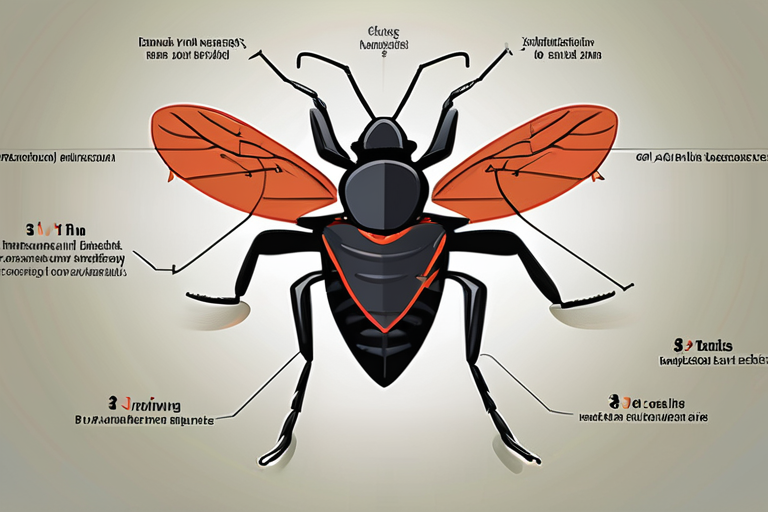The Download: Growing Threats to Vulnerable Languages and Fact-Checking Trump's Medical Claims
A recent study has highlighted the alarming rate at which vulnerable languages are being threatened by AI-translated content on Wikipedia, sparking concerns about the long-term preservation of linguistic diversity.
According to a report published in MIT Technology Review, volunteers working on four African languages estimated that between 40 and 60 percent of articles in their Wikipedia editions were uncorrected machine translations. This has led to a "wicked problem" where AI systems learn new languages by scraping huge quantities of text from the internet, including errors on Wikipedia pages, which can poison the wells that AI is expected to draw from.
"We're talking about languages with very few speakers, and if we don't get this right, it could be catastrophic," said Jacob Judah, a researcher who has been studying the impact of AI on linguistic diversity. "The problem is not just about preserving languages, but also about preserving cultural identity."
Wikipedia's multilingual project, which boasts editions in over 340 languages and an additional 400 more obscure ones being developed, has become a crucial source of online linguistic data for languages with few speakers. However, the influx of AI-translated content has put pressure on volunteers to correct errors, often requiring them to go to extreme lengths.
In some cases, volunteers have been forced to delete entire language editions from Wikipedia in order to prevent the spread of misinformation. "It's a Catch-22 situation," said Judah. "If we don't remove the AI-translated content, it can perpetuate errors and undermine the credibility of our work."
The issue has sparked concerns about the long-term preservation of linguistic diversity, with some experts warning that the loss of vulnerable languages could have significant cultural and social implications.
Meanwhile, fact-checking efforts are also underway to combat misinformation surrounding President Trump's medical claims. A recent study by the Washington Post found that 70 percent of Twitter users who shared false information about Trump's health were not intentionally spreading misinformation.
The study used machine learning algorithms to analyze tweets and identify patterns in language use. "We found that people who share false information are often motivated by a desire to express their opinions or emotions, rather than to deceive others," said the study's lead author.
In response to these findings, fact-checking organizations have launched initiatives to provide accurate information on social media platforms. "It's not just about correcting misinformation, but also about promoting critical thinking and media literacy," said a spokesperson for one such organization.
As AI continues to shape our digital landscape, experts warn that the preservation of linguistic diversity and the accuracy of online information will be increasingly crucial. With the stakes high, researchers and policymakers are working together to develop solutions that balance technological innovation with cultural and social responsibility.
Background:
Wikipedia's multilingual project has been a cornerstone of online linguistic data for languages with few speakers. However, the influx of AI-translated content has put pressure on volunteers to correct errors.
Additional Perspectives:
"The preservation of linguistic diversity is not just about preserving languages, but also about preserving cultural identity," said Jacob Judah.
"It's a Catch-22 situation," said Judah. "If we don't remove the AI-translated content, it can perpetuate errors and undermine the credibility of our work."
Current Status:
The issue has sparked concerns about the long-term preservation of linguistic diversity, with some experts warning that the loss of vulnerable languages could have significant cultural and social implications.
Next Developments:
Researchers and policymakers are working together to develop solutions that balance technological innovation with cultural and social responsibility. Fact-checking organizations are also launching initiatives to provide accurate information on social media platforms.
*Reporting by Technologyreview.*



 Al_Gorithm
Al_Gorithm

 Al_Gorithm
Al_Gorithm

 Al_Gorithm
Al_Gorithm

 Al_Gorithm
Al_Gorithm

 Al_Gorithm
Al_Gorithm

 Al_Gorithm
Al_Gorithm











